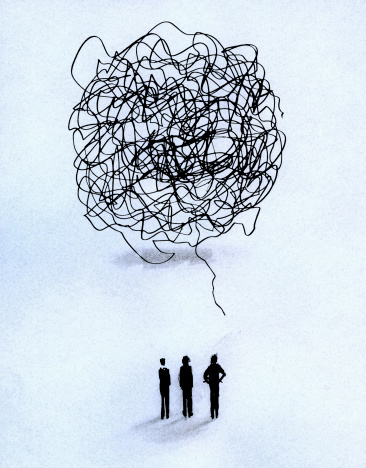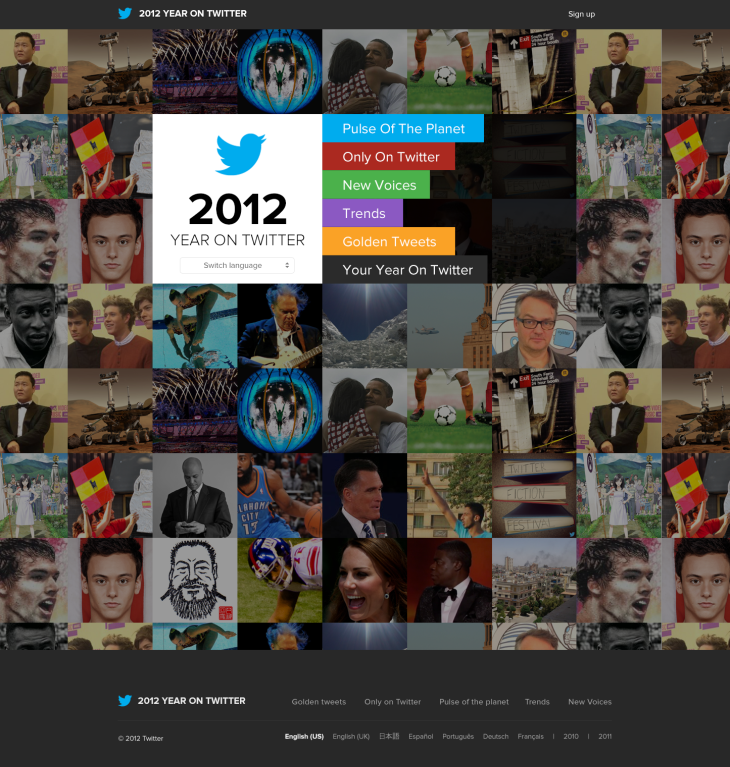The 2016 U.S. presidential election has just been concluded and the world saw Republican candidate Donald Trump win over rival and Democratic candidate Hillary Clinton, but the outcome shocked many because Clinton won the popular vote and Trump’s election-related statements within and outside social media garnered controversies. The world is now asking how Trump won. Did Facebook and Twitter help him win? The U.S. president-elect thinks so.
With social media having its role in the elections, it is now evolving from a communication tool to a news and information platform. Media analysts also ponder on the idea of predicting election results through social media after posts and tweets were used in forecasting results of both the European Union membership referendum in Great Britain and the U.S. election. The U.S. elections also cast a different light on social media because instead of enabling democratic discourse, people seemed to use it in spreading more negativity. Facebook also received a lot of flak on its handling of fake news appearing in its News Feed, but its CEO Mark Zuckerberg denies the company’s influence in American politics because he sees the website as a medium for sharing information.
The elections also have ramifications in journalism: there are reports of journalists fearing for their safety after receiving hate messages and threats over social media; journalism’s delivery system seems to be flawed given examples of how disjointed the current media landscape is; and journalistic standards collapse when networks begin choosing revenue and ratings over credibility and facts.
Here are other stories of interest:
- Christopher Lydon, the man who invented the podcast 13 years ago, explains how he did it and why podcasting is important in the “age of Trump.”
- Donald Trump’s campaign and upcoming presidency has made fact-checking relevant
- Facebook aims to revamp its Safety Check tool as a crisis hub as users rely on it to keep in touch with their loved ones during a disaster.
- Twitter Chief Operations Officer Adam Bain parts ways with the company and is replaced by Anthony Noto, the company’s chief financial officer.
- If you want to develop your own voice as a writer, here are some tips on how to find that voice.
- National Novel Writing Month (NaNoWriMo) is here again, and if you’re planning to participate, here are 10 tools to help you start writing your novel.
- A website called Bright Side compiled 10 ways for a fast, effective, and convenient search on Google.
Image: “American bald eagle” by Getty Images. Used under a Creative Commons (CC BY 2.0) license
Ditto is a seasonal collection of stories on publishing, media, communications, and topics that concern editorial professionals from the most credible sources on the Web. We hope to educate young professional writers and editors about industry standards, breakthroughs, and trends, among other things. Usually, you’ll find news and commentaries in here, but from time to time, we also feature tweets, visuals, games, freebies, and other fun but useful stuff that caught our eye.



 Journalist Elizabeth Jane Cochran, under the pen name
Journalist Elizabeth Jane Cochran, under the pen name 


